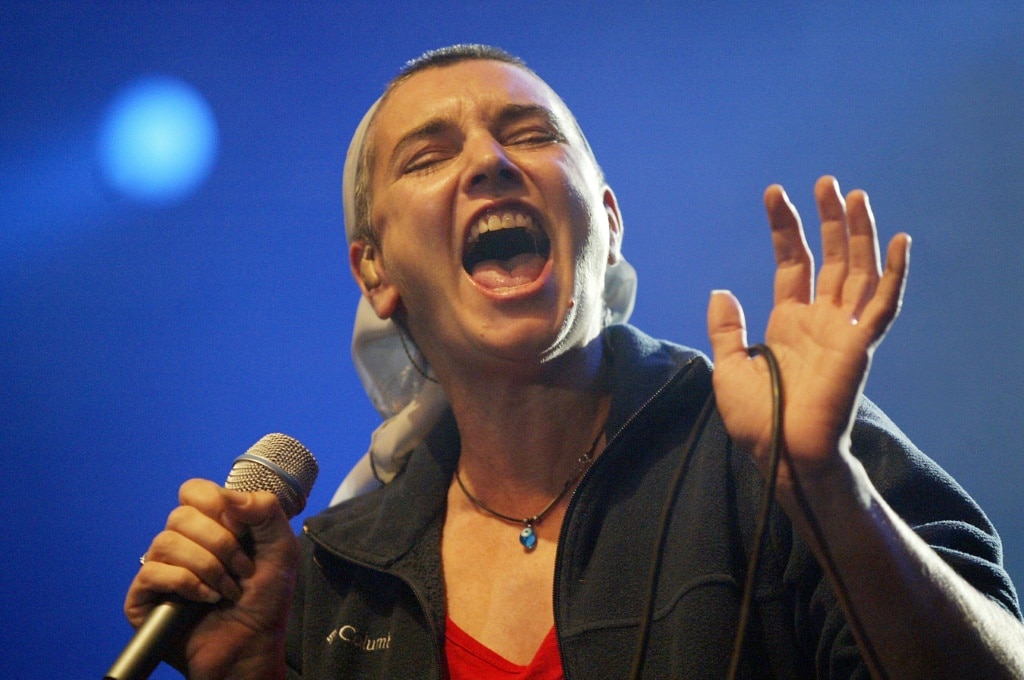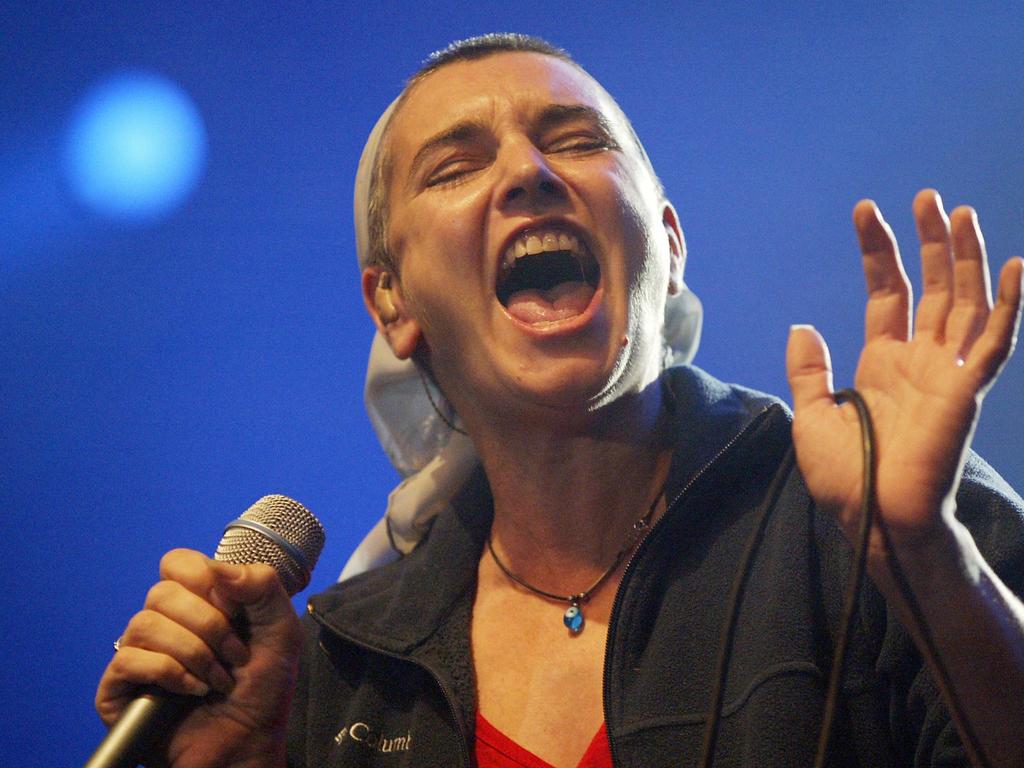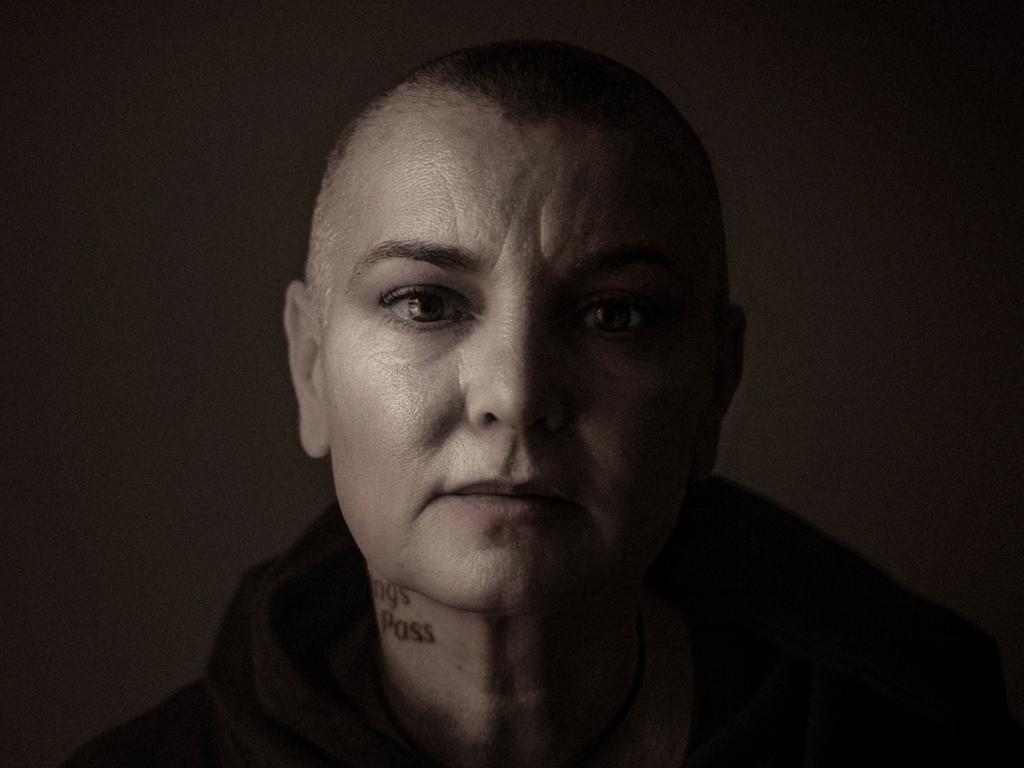O’Connor came back to London in hope of easing loneliness
The Irish singer, 56, chatted to neighbours about religion and mental health in the weeks before her death.
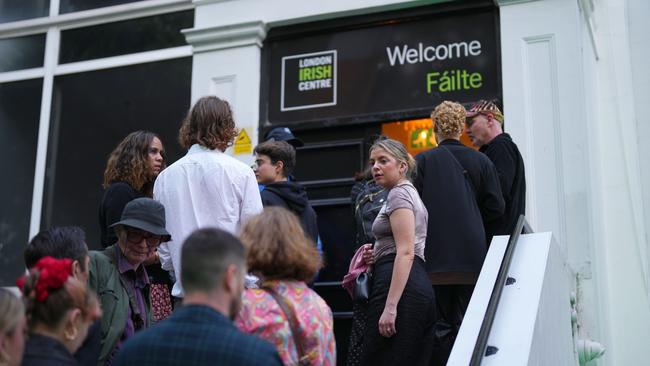
Sinead O’Connor had moved into a penthouse in south London this month, chatting with locals about religion, music and mental health.
But it was only yesterday (Thursday), after news of the celebrated Irish singer’s death broke, that many residents in the Herne Hill apartment block realised just who their friendly new neighbour had been.
Upon moving into the top-floor apartment in a converted 1940s warehouse, O’Connor, 56, had told neighbours of her hopes for the future and how she had moved back to the capital city to feel less lonely.
It emerged yesterday (Thursday) that she had been found unresponsive in the flat on Wednesday morning.
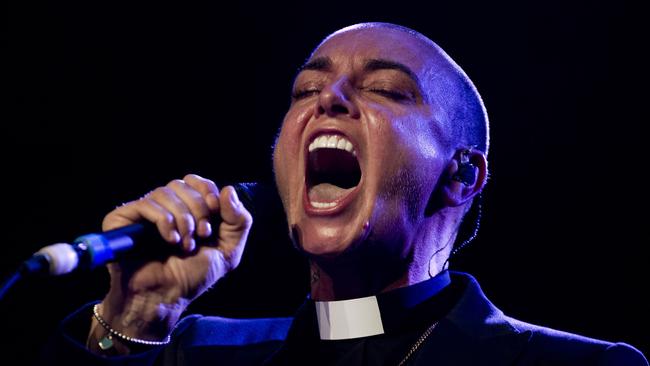
As tributes continued to arrive from around the world, the Metropolitan Police confirmed that she had been pronounced dead at the scene and the circumstances were not being treated as suspicious. A post-mortem examination will be carried out. The result may not be available for several weeks and a decision on whether to hold an inquest has not been made.
O’Connor burst into the limelight in 1990 at the age of 23 with Nothing Compares 2 U, written by Prince. She had spoken openly of her lengthy struggles with mental health and had been honest about expressing her unrelenting grief over the loss of her son Shane, who took his life in January last year aged 17.
O’Connor posted a video message on Twitter on July 9 to show her rented apartment, which cost pounds 3,000 a month and was a ten-minute walk from Brixton Academy, where she had performed. She filmed her new guitar and said that she was planning to write some songs, with a view to a possible world tour, including Ireland, Australia and New Zealand.
She added that she was happy to have returned to London after being away for more than 20 years. O’Connor added a reference to Shane: “But you know the way your kid, unfortunately, passes away, it isn’t good for one’s body or soul to be fair. But anyways, let’s not dwell on that.”
Her neighbour, Pushpakumara Moragamana, 57, who lived opposite, said O’Connor would regularly smoke cigarettes outside the building and spoke about religion, mental health and her son’s death. He was not aware of her fame but said they spoke regularly, including an emotional conversation when O’Connor cried about how she felt “devastated and depressed” after the loss of the son.
Moragamana said she told him she had moved from Ireland back to the Brixton area, where she had lived decades before, because it was less lonely. O’Connor, who converted to Islam in 2018 and changed her name to Shuhada Sadaqat, asked him about his Catholic faith. He said that she would “speak proudly” about the Muslim religion and her reasons for converting. “She was very passionate talking about it,” he added.
Clyre Day, 71, another resident, said O’Connor talked to all the locals, though she also had been unaware of her fame.
O’Connor’s final interview is to be broadcast this week in the Sky documentary Nothing Compares. She tells of her difficult childhood, growing up with an abusive mother, how music helped her to cope and how her personality led to exile.
She made ten studio albums and her talents were acclaimed around the world, but she was also known for her personal struggles and controversy.
She shocked the United States in 1992 when she ripped up a picture of Pope John Paul II on the television show Saturday Night Live. She was banned for life by the broadcaster NBC and booed at subsequent live shows.
O’Connor was married four times and is survived by her three other children, Jake Reynolds, Roisin Waters and Yeshua Francis Neil Bonadio.
Her team announced last year that she would no longer perform live “due to continuing grief over the tragic loss of her beloved son Shane”.
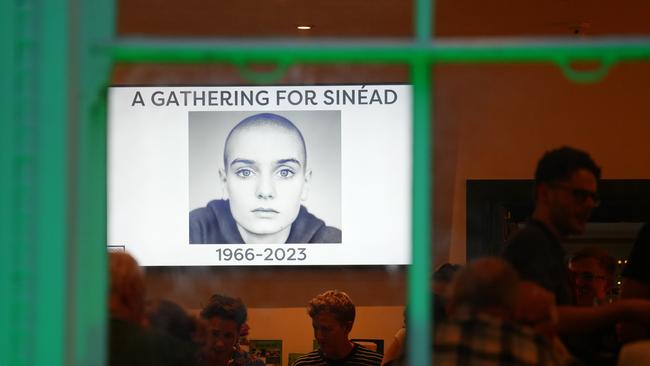
In her final post on Twitter she put up a picture of her son, saying that they were “one soul in two halves” and she had been living as an “undead night creature” since his death.
Neil Jordan, the Irish film director who worked with O’Connor on two films, told RTE radio that her death was “just tragic but not inevitable at all”. He added: “That’s the thing that upsets me. I would have liked to have seen what work she could do when she got through all of the troubles and she came out the other side.
“I’m sure she could have done extraordinary things when she got through this turbulent period in her life. But it wasn’t to be. She died far too young.”
He said that “maybe fame . . . lacerated her a bit too much”, adding: “It’s almost like she wanted to destroy this beautiful, clear face, everything that she had . . . but she never actually destroyed her voice, which was great in the end.”
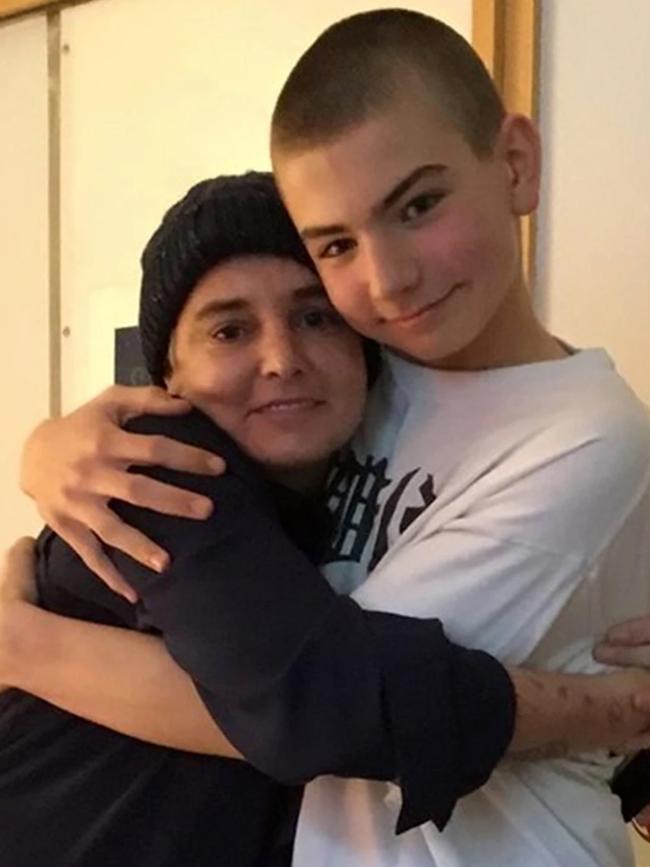
Musicians, artists and politicians around the world paid tribute to O’Connor. Kate Bush wrote on her website: “It’s like a light has gone out, hasn’t it? A beacon on a high mountain.
“Sinead didn’t just move us with her incredibly emotive voice, she stood up with it. I salute her. We were lucky to have such a magical presence move among us.”
The Scottish singer Annie Lennox said that O’Connor was a “bold and beautiful” truth teller.
The Irish musician and producer Phil Coulter said she was one of the finest voices the country had produced, heralding her ability to connect with an audience and to “inhabit a song”.
Massive Attack, the Bristol band that collaborated with O’Connor on their album 100th Window, said: “To bear witness to her voice, intimacy in the studio. The fire in her eyes made you understand that her activism was a soulful reflex and not a political gesture.”
Fans gathered yesterday (Thursday) outside the Irish Rock ‘n’ Roll Museum Experience in Dublin to pay their respects.
A Met spokeswoman said: “Police were called at 11.18 on Wednesday, July 26 to reports of an unresponsive woman at a residential address in the SE24 area. Officers attended. A 56-year-old woman was pronounced dead at the scene. Next of kin have been notified. The death is not being treated as suspicious. A file will be prepared for the coroner.”
London Inner South coroner’s court said no medical cause of death was given so a post-mortem examination had been directed, adding that “whether an inquest will be needed will be decided when these results are known and submissions have been heard from the family”.
THE TIMES

